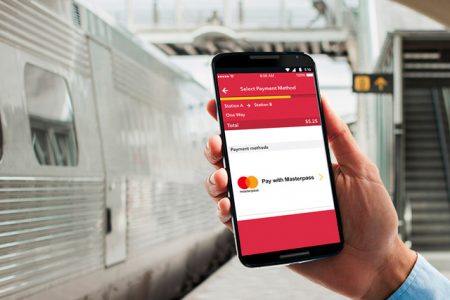Two leading debit card providers have announced a reciprocal agreement that will let companies use each other’s tokenized credentials to ensure secure payments.
Visa and Mastercard have partnered to promote wider adoption of digital tokens in the companies’ digital wallets, Masterpass and Visa Checkout. Starting next year, both companies will be able to request tokenized credentials from each other when customers make transactions online, in-store or via the app.
The contract will allow Visa to request tokenized Mastercard payment credentials from Mastercard for provisioning into Visa Checkout, and for Mastercard to request tokenized Visa credentials from Visa for provisioning into Masterpass.
Tokenization is a technology that allows making payments without providing sensitive information, such as cardholder’s account numbers and expiration dates.
“By allowing each network’s respective wallet service to leverage the token solutions of the other network, this agreement will ensure that each network’s wallet solutions can continue to stay open – and can add the extra security of using tokens in place of real card numbers,” James Anderson, executive vice president of Digital Payment Products at Mastercard, wrote in a blog post.
“We’ve seen a fantastic response to Masterpass from both banks and merchants alike, and see this agreement as another positive development in the product’s continued adoption.”
The new agreement complies with the companies’ strategies to further develop their virtual payments systems. Visa and Mastercard have been both working on making their APIs open to a range of token requestors.
As Anderson wrote, Mastercard is committed to support all types of commerce and serve the full range of consumer needs. Masterpass was developed as an open digital wallet to let customers and banks store cards from Mastercard as well as other brands, including Visa.
Two year ago, Mastercard launched its tokenization service, MDES, to enable secure digital payments. The demand for the service has significantly increased since then and about 700 issuers worldwide are connected to the service.
Both networks seem to be interested in the blockchain technology. Visa is now involved in a project together with BTL Group aimed at using blockchain for interbank payments.
Not to stay behind its main competitor, Mastercard added three blockchain APIs to its developer website. Announced in October, the initiative was taken to allow developers get free access to a core blockchain API, smart contracts API and fast pay network API.
MasterCard enabled users to run their own blockchain nodes, define transaction types and manage participation in a blockchain network. Furthermore, the company offered a possibility to write custom scripts, do real-time reconciliation and execute settlement.
A few days ago, social networking giant Facebook unveiled its payments platform becomes available in Europe. The company received an e-money license from the Central Bank of Ireland what will enable it to operate in Ireland and all the other 27 EU member states.
next